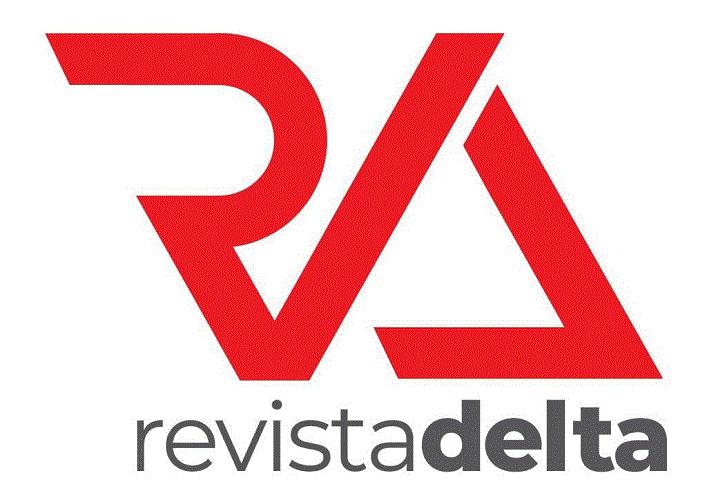ABSTRACT
This paper discusses the benefits of information and communications technology (ICT) in the contextual target situation analysis at a distance to design online critical English for academic purposes (CEAP) courses. A contextual investigation of the publishing process of high-impact journals in computer science is presented, which is aimed at identifying issues that might influence the publication of Brazilian researchers’ papers. The beliefs and experiences of Brazilian authors in the aforementioned process were analyzed through electronic questionnaires and remote interviews. Moreover, research articles’ reviews were studied to identify the community´s criteria for accepting or rejecting papers. Via ICT, a wider contextual analysis was possible with participants located in different parts of the world. Results provided relevant information about researching and publishing in the field, which may substantiate the design of tasks aimed at improving students’ critical academic literacy. For developing continental countries such as Brazil, saving time and resources through ICT in CEAP courses’ design means the possibility of investing in a more relevant instruction, which better attends to students’ contextual needs and wants.
Keywords:
contextual genre analysis; target situation; needs analysis; online CEAP; ICT

 Thumbnail
Thumbnail
 Thumbnail
Thumbnail
 Thumbnail
Thumbnail


